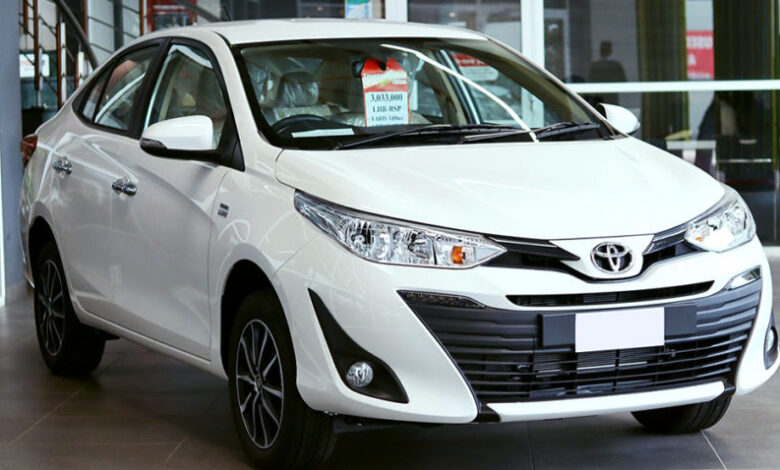New Car: Which One Should You Upgrade To?

Just because you have a new car doesn’t mean that you need to buy everything brand new. In fact, according to this blog article, some of the best options for buying used cars include vans, SUVs, and sedans. Check out the breakdown of why these are great options for anyone looking to get a quality product at a low price.
What Makes a Car a Good Investment?
One of the most important factors to consider when purchasing a car is its resale value. A car that is in good condition and has low mileage will typically sell for more than one with higher mileages or worse condition. In addition, cars that are newer models tend to have a higher resale value than older models. So, if you’re thinking about buying a new car, it’s important to think about which model makes the best investment.
There are a few factors to consider when making this decision: the type of car you want, how much money you can afford to spend, and your personal preferences. For example, if you frequently travel long distances, investing in a larger vehicle might be worth your time. Conversely, if you mostly use your car for short commutes within your city limits, opting for a smaller model may be more cost-effective.
BTW If your car’s steering wheel starts to feel dirty, you can use a steering wheel cleaner to clean it. steering wheel cleaner will help keep the surface clean and free from dirt and dust buildup.
Another factor to consider is the age of the model you’re looking at. Older cars tend to have lower resale values than newer ones due to rising fuel costs and other factors. However, there are some exceptions to this rule – especially if the car has been well-maintained. If you’re thinking of buying an older model, make sure
Should You Get an EV or Non-EV Car?
The debate between electric and gas-powered vehicles has been raging for years now. Some people insist that electric cars are the future, while others say that they’re only marginally better than traditional cars.
In the end, it really depends on your needs and preferences. If you primarily use your car for commuting and occasional errands, a gasoline-powered car will probably be just fine. However, if you plan on using your car for long trips or commutes to work every day, an electric car is a better choice.
There are many factors to consider when making this decision, such as the cost of charging your vehicle, how often you’ll need to charge it, and the environmental benefits of electric cars. Ultimately, the best option for you depends on your individual needs and preferences.
What are the Pros and Cons of Buying New vs. Used Cars?
When it comes to buying a car, many people tend to lean towards the idea of buying new. After all, you get the latest and greatest features and models without having to worry about depreciation. However, this isn’t always the best option. Here are some of the pros and cons of buying a new car vs. a used one:
-New cars are usually more expensive than used cars. This is because new cars depreciate in value over time, whereas a used car retains its value closer to its original price.
-New cars often have more features and functions than used cars. This means that they can be more fun and functional to use, especially if you’re someone who likes to take care of their car and customize it to suit his or her needs.
-New cars often come with better warranties and support than used cars. This means that if something goes wrong with your car, you’ll be able to get help from the manufacturer or dealership that sold you the car.
-New cars are often safer than used cars. This is because they’ve been through safety tests and have been designed with safety in mind. Used cars, on the other hand, may not have undergone as many safety
* Includes basic information about how to finance a car, how major manufacturers work, and how to calculate COE
When it comes to buying a new car, there are a lot of things to consider. Which one should you upgrade to? And how do you finance it? In this blog section, we’ll give you the basics on car financing, how major manufacturers work, and how to calculate COE (compared with equivalent gasoline engine).



